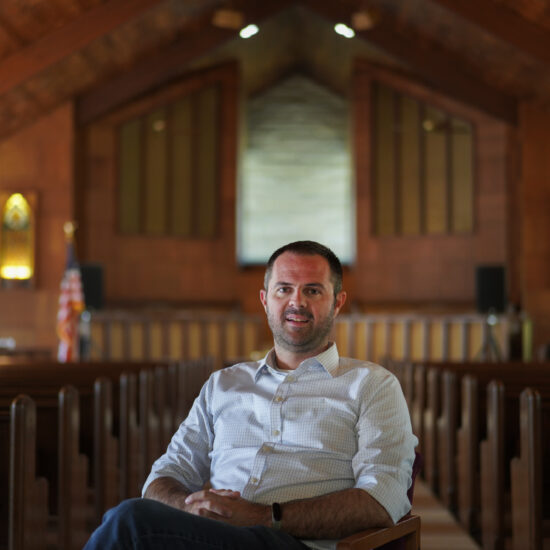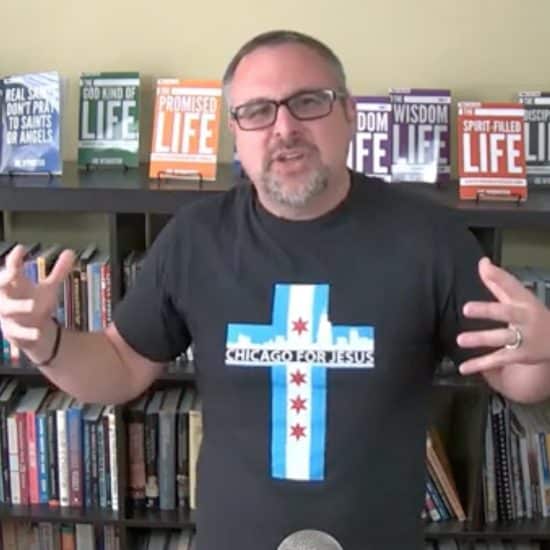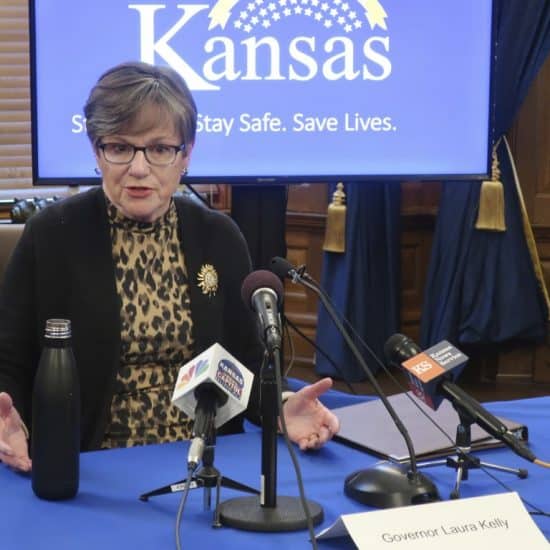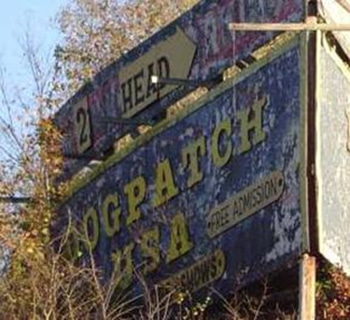
By the time you read this, an area in Newton County, Arkansas, once known as Dogpatch USA, will have been auctioned off to the highest bidder. After years of weather damage and decay, the former amusement park will be sold off for what it is — a property in horrific disrepair in need of millions of dollars of cleanup.

Christopher Dixon
In its heyday, the 400 acres was home to an amusement park that boasted thousands of tourists per day from all over the Midwest and beyond. There were rides and attractions of all sorts, various games, statues and strolling areas, storefronts, and eateries. It is believed that at some point in the 1980s, the amusement park was on track to be one of the premiere ride attractions in the Midwest.
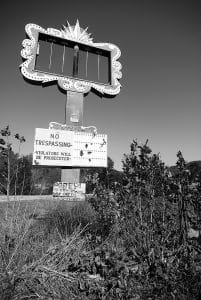
Dogpatch USA’s old entrance sign. (Wikimedia Commons: Chris Litherland, Photolitherland)
Of course, none of us in my men’s small group knew this a decade ago when we happened to stumble on the property while on our way to a hike. On that day, the haunting and abandoned rides were mesmerizing to see up close. It was the epitome of a modern-day ghost town that had literally stopped dead in its tracks. We were thrilled to ‘discover’ the property, with its rides and attractions still relatively intact.
In fact, our discussion centered around the “if only” decisions the owners could have done, for weeks after we toured the property; if only they had seen what could have been done with such a wonderful place!
With Spring upon us, I am reminded of how our churches must serve and grow for the very same reason(s) — many of them have so much potential (not simply the building, but the entire Body of Christ), ‘if only’ we can see and use the potential for all that God intends.
When our family travels the backroads across much of the Midwest, we see church building after church building that has suffered a similar fate of Dogpatch USA — such beautiful properties, ‘if only’ the church body at the time would have had a forward-looking view for the church rather than a “hold on and hope” approach.
Granted, growing a church body is far more complicated than simply uttering a trite phrase about looking toward the future. The fact remains that we must be ever-mindful of the changing ways we can serve our communities, so that the local Body of Christ can thrive for generations to come.

